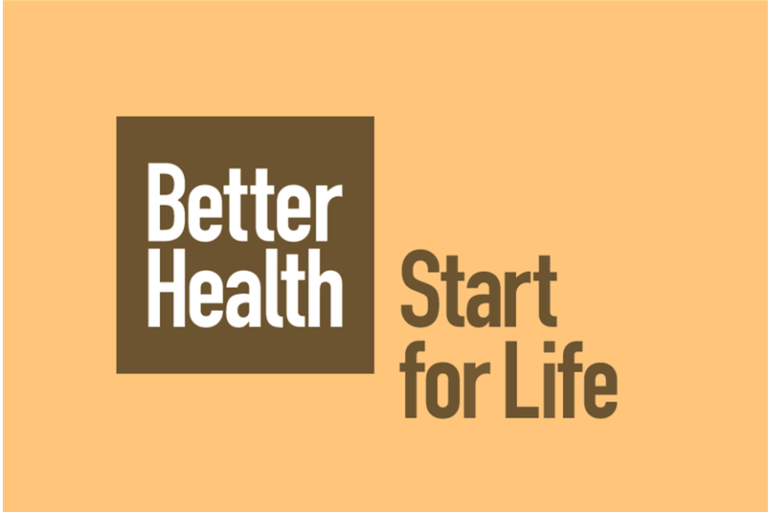To find out more about your baby's development, visit Togetherness. Enter the access code NEFAMILIES to explore online courses for free. If you'd rather join a group to meet other parents and carers, get in touch with your local hub to see what's happening near you.
Talk and sing
Your baby loves to hear your voice. It comforts them to know you are there. Talk to them about anything and everything. Sing them your favourite songs. Music can stimulate the area of the brain your baby will use for maths.
Play and interact
Peakaboo and silly faces are lots of fun for your baby. Find out where your nearest baby social classes are and try different activities together.
Watch and learn
Your baby is trying hard to communicate with you from the moment they are born. Look at them and start to learn what their different noises and signs mean. For example, if you are playing a game, your baby might turn their head away to show they need a little break.
Soothe and comfort
Holding your baby close and having skin to skin contact can make you feel more connected to your baby. Visit BBC Tiny Happy People to find out about the science of cuddling and why it is so important for our babies. Click here to find your nearest baby massage class.
Get out and about
Explore the world together and find out about some of the activities you can do in your local area.
Read together
Reading together is a lovely way to bond. Hold your baby close and let them hear the rhythm of your voice. This will help their speech and language as they grow.
Get support
If you have any questions or need any support, you can always contact the health visiting team on 0191 282 3319, or visit us.
Baby brain development
In Newcastle, we want to give children the best start in life. To do this, we need to know how babies’ brains develop, so we can support them. From the beginning of pregnancy until age two is the most important time for brain development.
Babies are born with almost all their brain cells. A baby’s early experiences help them make connections between their brain cells. This is how they start to understand the world around them. Talking, reading, singing, and playing with your baby are great ways to help develop these connections.
Your relationship with your baby is helping their brain to grow too. Babies cry to get the attention of their caregiver. When they have a someone who picks them up, cuddles them and talks to them, they feel safe, secure and loved. This lays the foundations for their future relationships.
Our parenting groups can help you to understand more about brain development and relationships.


